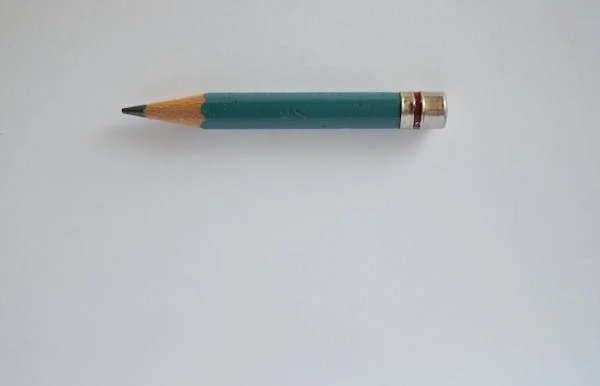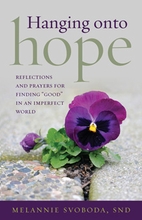I just finished reading a very riveting book entitled The Immortal Life of Henrietta Lacks. The book , published in 2010, is written by Rebecca Skloot, a science writer. Though it was her first book, it won dozens of awards and remained on the New York Times bestseller list for six years. It was even turned into a HBO movie starring Oprah Winfrey and Rose Byrne.
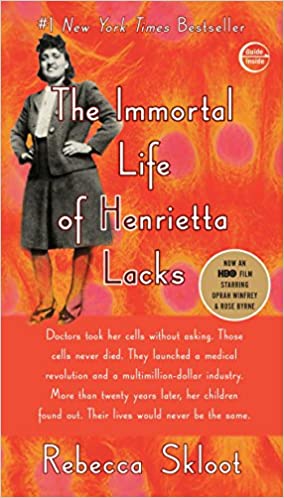
Immortal Life tells the incredible but true story of Henrietta Lacks, a Black woman born in 1920 in a poor tobacco growing area of Virginia. A wife and a mother of five, she eventually moved to Baltimore. Living in poverty with no health insurance, she had to wait in line at Johns Hopkins when she became very ill. She was accepted as a proverbial “charity case.” Once examined, Henrietta learns she has cervical cancer. While treating her, the doctors soon realize there is something highly unusual about her cancer cells: they not only survive outside the body, they grow very fast, doubling in size in only 24 hours. Without her knowledge or consent, the doctors harvest some of those cells to be used for medical research. After Henrietta’s death in 1951, her cells are sold to research facilities—eventually all over the world.
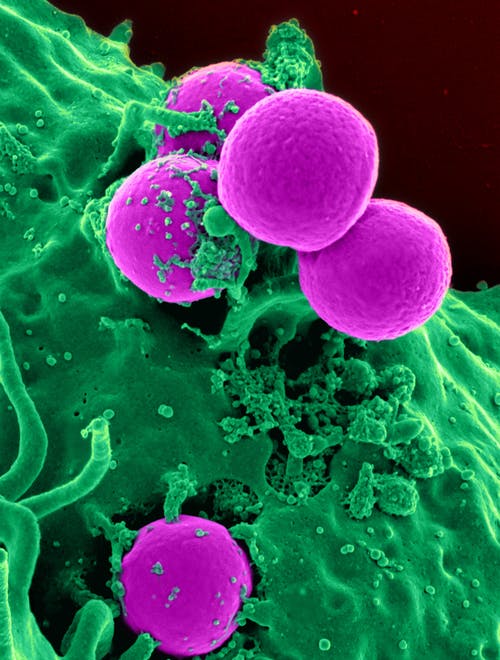
These HeLa cells (named for the first two letters of her first and last names) had a monumental impact on modern medicine. They played a crucial role in the development of the polio vaccine, cancer treatments, gene mapping, in-vitro fertilization, and the development of drugs for leukemia, influenza, Parkinson’s, and AIDS. In time, her cells spawned a multi-million dollar business—yet Henrietta herself was virtually unknown. Her family had no knowledge of any of this until, 20 years after her death, researchers came to them seeking to draw blood samples. The family was told only that their blood would be used “for cancer research,” so they agreed because they thought they were helping medicine.
When Rebecca Skloot became aware of HeLa cells, she was determined to tell Henrietta’s story. After several unsuccessful attempts to speak to her family, she finally won the trust of Henrietta’s daughter Deborah. For ten years Skloot worked tirelessly on the book interviewing not only Henrietta’s family, but also lawyers, ethicists, scientists, historians, and journalists. The result is this fascinating book. One review said the book is “part historical account, detective story, and ethical debate.” Another said it “navigates both the technical and deeply personal sides of the HeLa story with clarity and care.” The book also documents the crippling effects of poverty and the racism inherent in medical practices in our country.
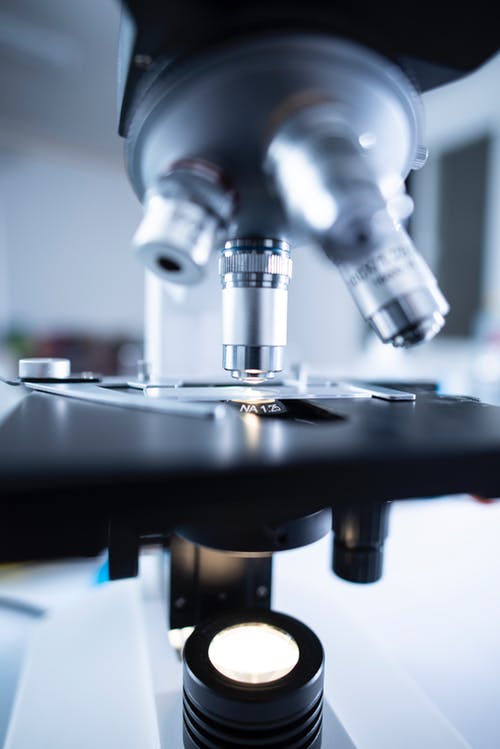
But above all, it is the story of Henrietta and the Lacks family. In Skloot’s capable hands, their story comes alive with all its heartache, complex family dynamics, tragedy, and eventual redemption. If you are looking for an extraordinary true story that includes some of the hot-button issues of our own day—systemic poverty, racism, health care, medical ethics—then The Immortal Life of Henriette Lacks is the book for you.
For reflection:
Are you at all familiar with Henrietta’s story?
Did anything in this reflection surprise or intrigue you?
What has been your experience with modern medicine and our health care system?
PS: Today Monday we celebrate Martin Luther King Day in the United States. On Wednesday we will inaugurate our new president Joe Biden and new vice-president Kamala Harris. Let us continue to pray for a peaceful transition of leadership. I ask those of you who are not Americans to join us in this prayer. Thank you!
I was going to choose an American patriotic song for today. Instead, I chose a song that embraces all countries all over the world. It is called “This Is My Song.” The music is one of my favorite pieces, “Finlandia” by Jean Sibelius. The lyrics were written by Lloyd Stone. This version is set against beautiful pictures from many countries all over the globe. May this song/prayer encourage each of us to work for greater peace and justice wherever we may be.
Thank you for reading my blog!


